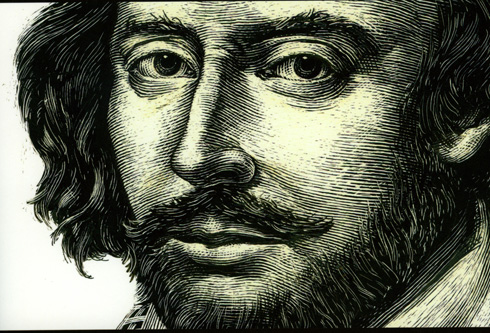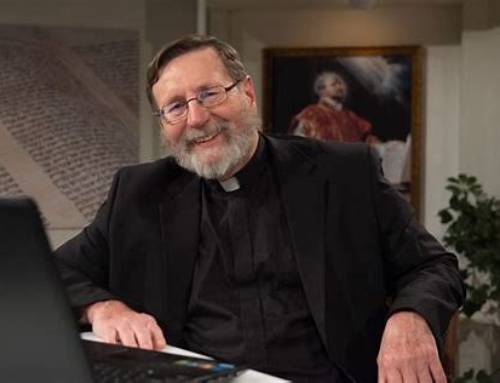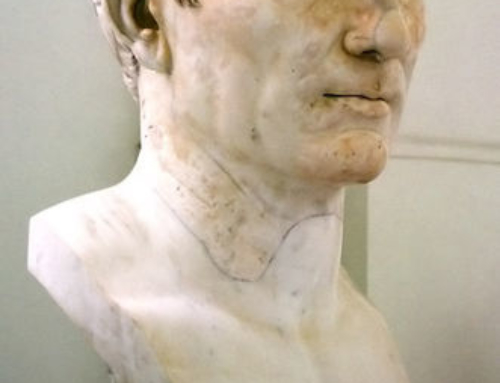The question of Shakespeare’s Catholic faith was put in the spotlight not too long ago with a pretty cool television series called Will.
The program wasn’t the very best, but one thing it did right was to use Shakespeare’s Catholic faith as a motivating plot line.
The reason Shakespeare’s Catholicism is such an intriguing question is because of his context and time period. England during the reign of Elizabeth I and King James I was a Protestant police state. For a priest to say Mass was a capital offense. You had to attend the state church. Attendance was taken and fines and deprivation and finally imprisonment, possibly torture and death would follow. To shield or hide a priest was treason. You could be executed and many were.
So in the midst of this oppressive regime, so the story goes, Shakespeare was not only Catholic, but was hiding subversive Catholic messages in his plays. Who writes about this stuff?
If you want to learn more, here is a book round up on the subject;
Shadowplay by Clare Asquith is one of the leading proponents of the theory. Also, Shakespeare the Papist by the late Fr Peter Milward SJ–a very interesting character who was a student of C.S.Lewis and a missionary to Japan. Joseph Pearce’s The Quest for Shakespeare and Through Shakespeare’s Eyes.
Richard Wilson’s Secret Shakespeare and Ian Wilson’s Shakespeare the Evidence are wider studies, and for a general biography which is very objective about Shakespeare’s probable Catholicism, check out Peter Ackroyd’s biography of the bard.
A new book has also come across my desk which is A Tale told Softly by Robert T Morrison. Morrison is a lawyer who had done some very interesting detective work on The Winter’s Tale, promoting his theory that this late play of Shakespeare’s was a complex allegory about the state of the Catholic Church in England under James I.
Another new book coming out next month is Clare Asquith’s Shakespeare and the Resistance.
For lovers of books and lovers of Shakespeare…dig deeply!







I’m actually currently reading Joseph Pearce’s “The Quest for Shakespeare” and watching his EWTN television series of the same name. Very educational. Catholic schools should be teaching them when teaching Shakespeare’s plays.
agreed!